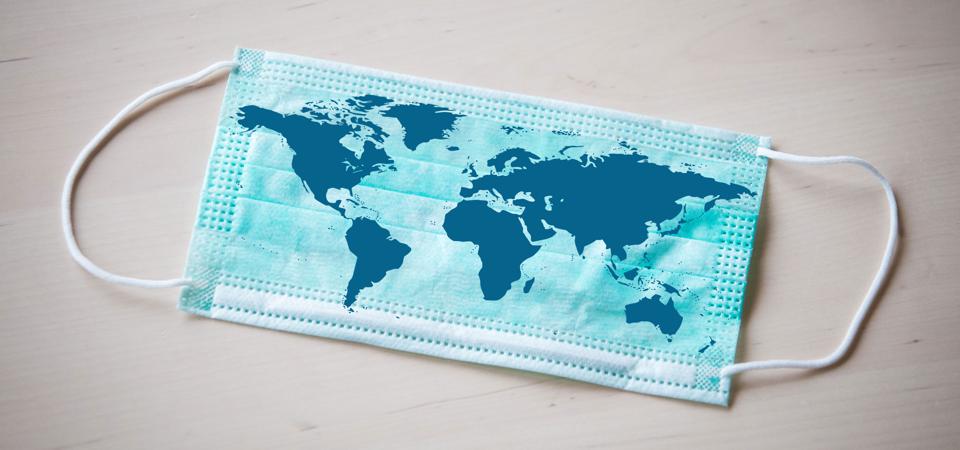As McGill opts for in-person learning this fall, international students are navigating the challenges of entering Canada, such as getting vaccinated, making a quarantine plan, and finding housing options.
What are the requirements for students to enter Canada?
As of Feb. 19, 2021, international students with a valid study permit or a study permit approval letter are allowed to enter Canada provided they have a negative COVID-19 test taken 72 hours before arrival. International students, regardless of vaccination status, must submit a precautionary quarantine plan—which details how they would access food and medicine in case the border officials deem a quarantine as necessary—through the ArriveCAN application. Students’ entry into Canada is still ultimately subject to the approval of officials at the border.
Who has to quarantine upon arrival to Canada?
As of July 5, fully vaccinated students eligible for entry to Canada are exempt from the mandatory 14-day quarantine, but students who are unvaccinated are still expected to comply with the quarantine. However, to be qualified as “fully vaccinated,” students must have received their second dose of an approved vaccine 14 days prior to their arrival at the border.
Canada’s mandatory three-day hotel quarantine will be dropped for all travellers, regardless of vaccination status, starting Aug. 9.
How have entry requirements affected McGill students?
Some international students, especially those affected by slow vaccine rollouts in their home countries, have claimed that Canada’s entry requirements have caused them stress. Adam*, U2 Science, explained that their inability to get an approved vaccine in time might lead to an unintended break in their studies.
“I am facing a lot of problems with my vaccination,” Adam said. “In Iran, only the 50 and above age group can register to be vaccinated [….] I, as a 20-year-old with no medical problems, will not be vaccinated until early November. Not to mention that due to sanctions, the vaccines that are available in Iran are not on the list of approved vaccines by the Government of Canada.
Yasi Khan, U2 Arts, realized getting a dose of Sinovac at the beginning of the summer in her home country of Pakistan meant she would not be eligible for the quarantine exemption—which she says has complicated her return to campus.
“As an international student, you are kind of on your own to consider all these things,” Khan said. “You have to have all the right documents and vaccines, and you have to be prepared for anything [the border officers] are going to ask you [….] You might get rejected [from the quarantine exemption]. It is just a lot.”
How is the university supporting international students?
McGill has dedicated New Residence Hall to international students arriving on campus between Aug. 1-6 who need to complete their 14 day quarantine. Students will be charged $50 per night for a room. The deadline to book a room is Aug 6. to allow for the full 14-day quarantine and for the building’s complete disinfection before residence move-in weekend on Aug. 21-22.
According to Frédérique Mazerolle, a McGill media relations officer, the administration and International Student Services (ISS) have implemented additional accommodations in recognition of the challenges international students may face.
“There will be an online form available for students who may require academic accommodations at the beginning of the Fall term, and the Office of the Dean of Students will work on a case-by-case basis around academic accommodation for these students,” wrote Mazerolle to The McGill Tribune.
The ISS will be hosting four town halls during the month of August to answer any questions from students regarding quarantine requirements, housing options, and the logistics of arriving on campus.










